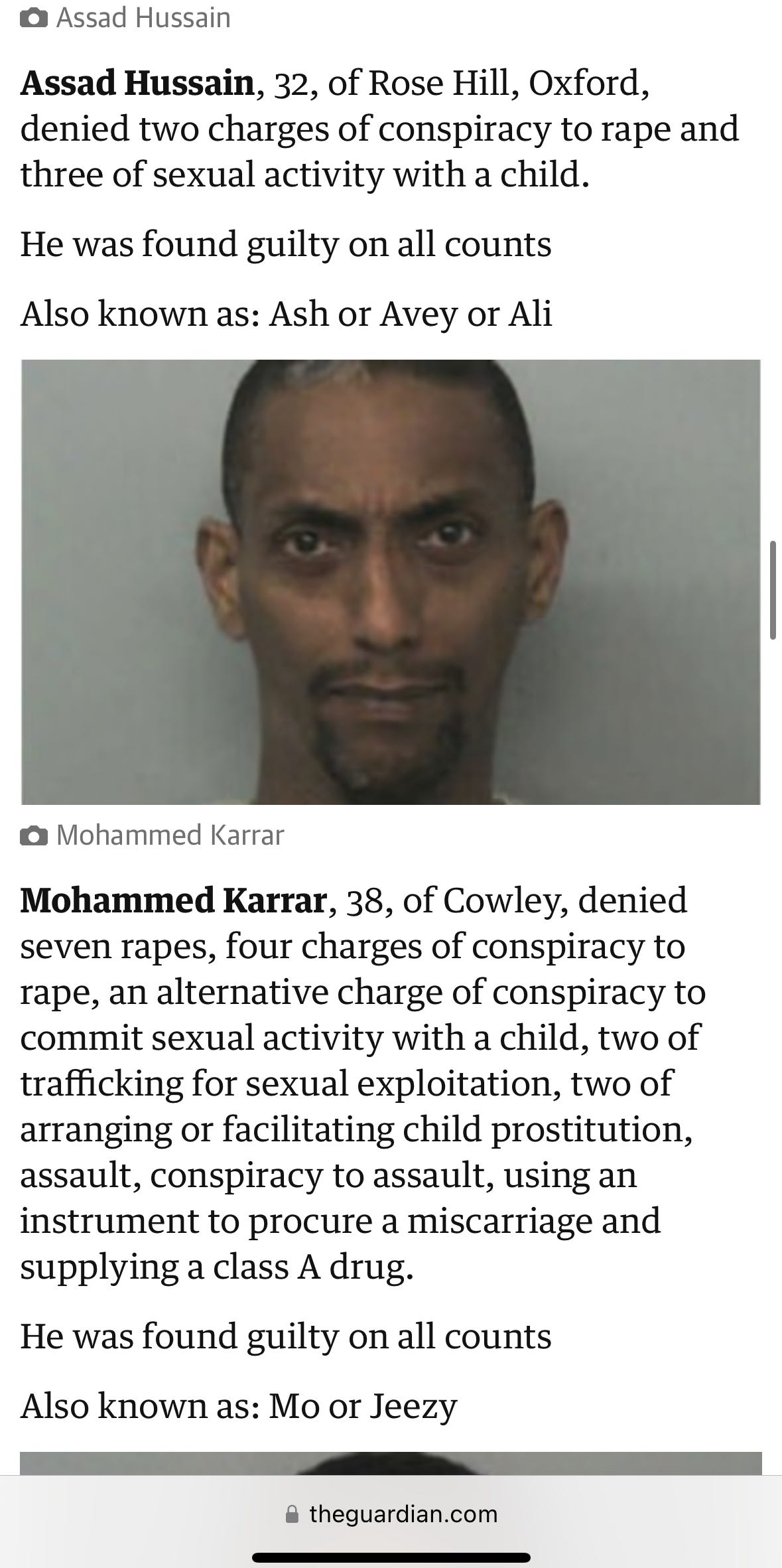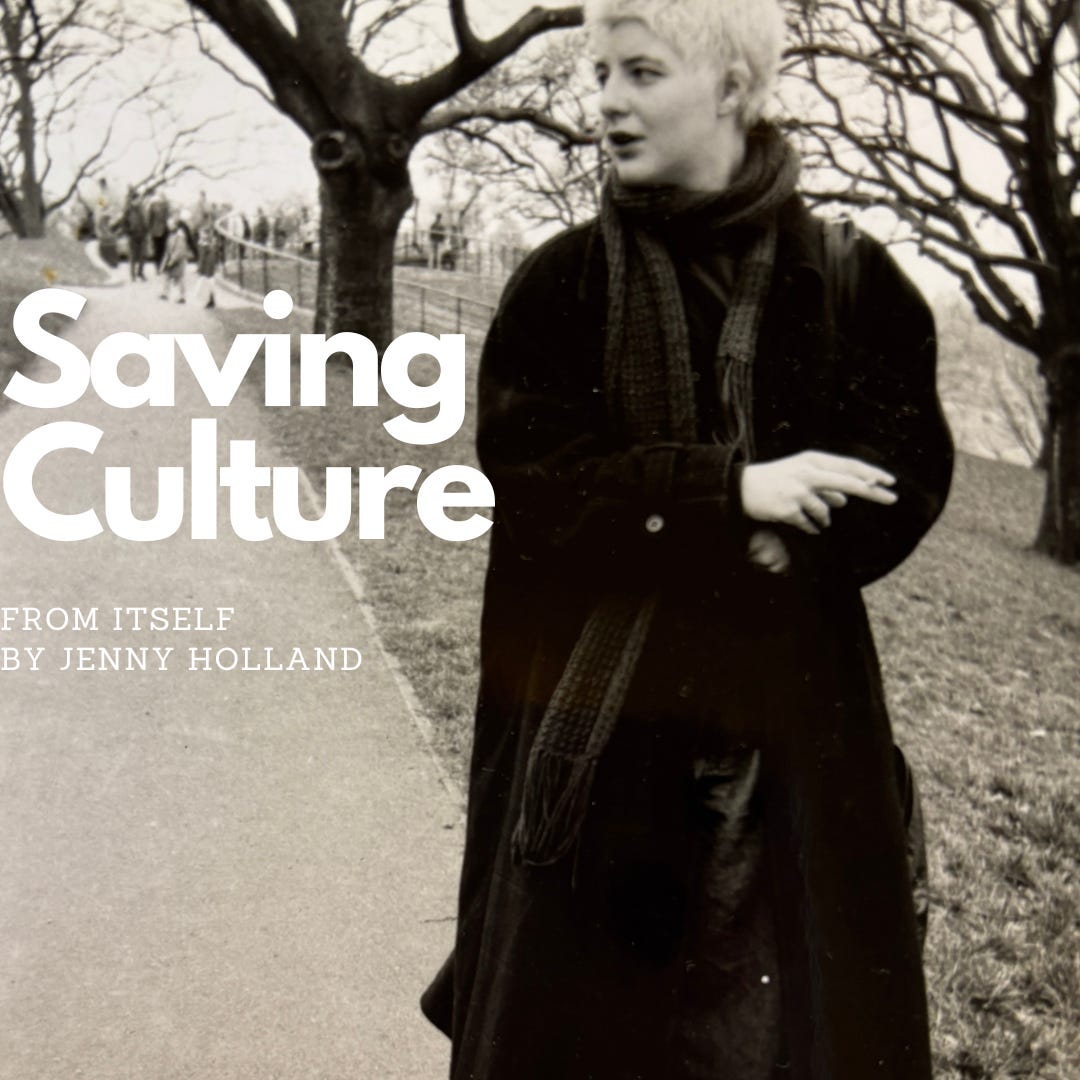Watch this film at your own risk -- it brings forth thoughts of bloody justice
New film, 'Grooming Gangs Cover-Up,' stars Dominic Frisby as the judge who sentenced the Oxford rape gang in 2013 & raises questions about who can really deliver justice for such terrible crimes
A new short film has just been released using the transcript of the sentencing of five men who were convicted in 2013 of operating a rape gang in Oxford, England.
The makers of the film, Phelim McAleer and Ann McElhinney were also the creators of a play about the October 7 pogrom, that ran in New York and which I wrote about last year. They used the same concept to cover this story — which was to simply use the exact words of the people who had lived through the ordeal. No editorialising or dramatising.
The Grooming Gang Cover-Up, available to watch in full on YouTube, has only one character, actor Dominic Frisby, who plays Judge Peter Rook. As he addresses the men he is sentencing, their mugshots flash at the bottom of the screen. Their evil natures are evident from their faces.
I recommend this film, but with an important caveat. It’s a very tough watch. But it is extremely effective, especially considering the simple format of a single static shot focusing only on one person. Frisby is excellent in delivering the judge’s remarks. He is a beacon of decency in a sea of depravity. I found myself bonding to him, because the character he was playing was delivering a small crumb of justice to men who had committed some of the worst crimes possible. The words he speaks are like a balm on an inflamed wound.
I am not a hanging judge type. For years when I was a kid, I wanted to be a lawyer, but only a defence lawyer because the thought of going after people and locking them up has always been anathema to me. Usually, when I see a perpetrator, I can detect within him or her a deeply damaged person. But a cold rage came over me, watching this film. Even though I had read about the horrors they inflicted on those girls in many articles, hearing the details recited by a compelling actor produced in me a thirst not just for justice, but for vengeance. I found my mind trailing away and creating images of these men having their groins savaged by dogs.
In the end, their sentences — about 17 years each — were wholly unsatisfactory to me. There were no mitigating factors, only aggravating ones. The fact that these men had developed relationships with these girls makes their crimes far worse than random sexual attacks. How do you learn to trust again, after you have been treated like human waste when you were still a child, because of your sex and your race? How are these now-grown women coping living in society in which the ruling class still refuses to protect little white, working class girls, three of whom were hacked to death by the child of Rwandan immigrants last summer.
The youngest victim of the Oxford gang was 11. I remember being 11. It’s a difficult time. It’s as if someone turned on a light switch and suddenly, the world is full of disgusting men ogling you, following you down the street, making comments on how you walk or what you are wearing. There is a special type of pervert who delights in making 11 year old girls uncomfortable and afraid. These men were that, times a million.
I thought a lot about that time of my life after watching this film. It was the late 1980’s. The world that surrounded me was not perfect, but it was ruled by norms that insulated me from becoming prey. I also knew kids who grew up in Oxford — where the crimes detailed in this film were committed — in the late ’80’s and early ’90’s. The ones I knew were middle class kids with university educated parents. But their lifestyles were wild and well beyond their tender years. Drugs and sex were the norm at very young ages. This is far from the most pressing of the problems that created the rape gangs, but if the wider society around you accepts that 13 year olds are having sex and getting high, it becomes that much harder to stop an individual child — especially one who already has experienced family problems, behavioural issues, and poverty — from being lured into the kind of horrors that awaited these girls.
The thoughts that this short film provoked in me — the thirst for bloody revenge, questions as to how these young women will heal, and dismay at how so many children are exposed to and used as playthings for disordered adult activities — brought me to a sobering and disconcerting conclusion. Only God can fix this.








Only God can fix this.
And He will.
That is the hope we have as Christ followers.
Maranatha.
I also wonder about how victims -- and society -- can recover from something like this. You are right that a hyper-sexualised society and one that doesn't enforce the prohibition on underage sex generally is going to have a huge problem coping with something like this, particularly once class-based prejudices against "those sort of girls" come into play (as I've said before, if it was "nice," privately-educated girls in Hampstead being groomed, this would have played out very differently).